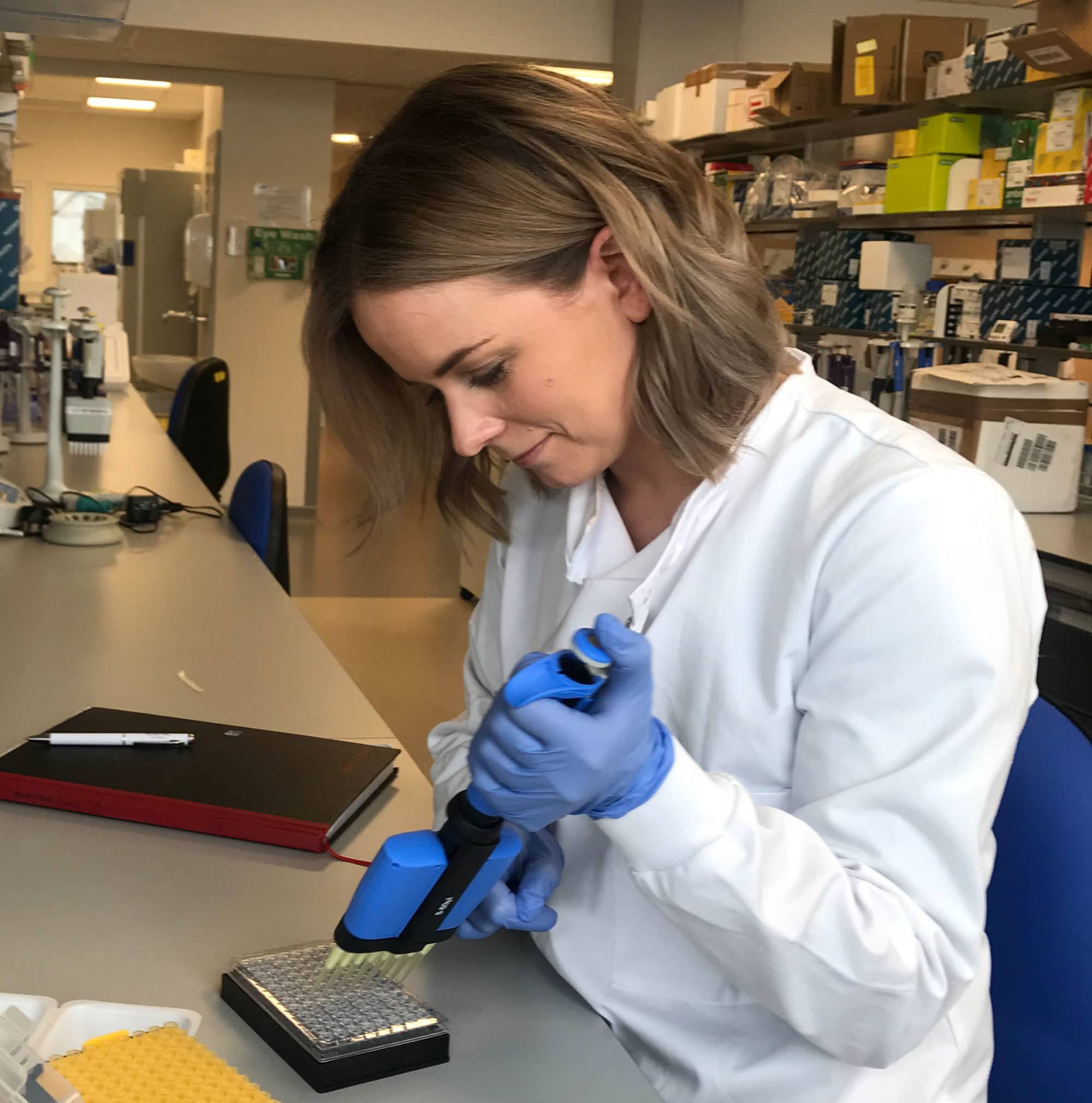Search
Search results
e-Newsletter July 2025
Our monthly e-Newsletter featuring the latest updates from Retina UK.

Webinar: How your donations make a difference…in conversation with our new research grantees
Join Research Development Manager, Kate Arkell as she speaks to our latest research grantees about their projects.

Applications invited for project grants and studentships
Retina UK invites applications for funding for innovative, high quality research projects investigating the causes and potential treatments for all forms of inherited retinal disease. We are particularly keen to receive proposals with demonstrable translational potential.

Meet a Researcher: Dr Rachel Taylor
Dr Rachel Taylor is part of the UK Inherited Retinal Dystrophy Consortium (UKIRDC) team at the University of Manchester.
Eye2Gene: predicting genetic diagnosis from eye scans
Eye2Gene: new publication describes how AI can predict genetic diagnosis from retinal scans
Belite Bio announces promising phase 3 results for Stargardt disease
The latest research news from Retina UK.
e-Newsletter October 2025
Our monthly e-Newsletter featuring the latest updates from Retina UK.
e-Newsletter June 2023
Our monthly e-Newsletter featuring the latest updates from Retina UK. Subscribe now to receive these updates directly to your email.

Meet our Trustee: Professor John Marshall MBE
Prof John Marshall is the Frost Professor of Ophthalmology at the Institute of Ophthalmology at University College London.
